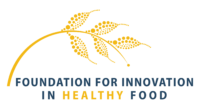Wheat Fiber for Rural Wealth and Health Roundtable
Graduate Hotel, Lincoln , Nebraska
Event Photos
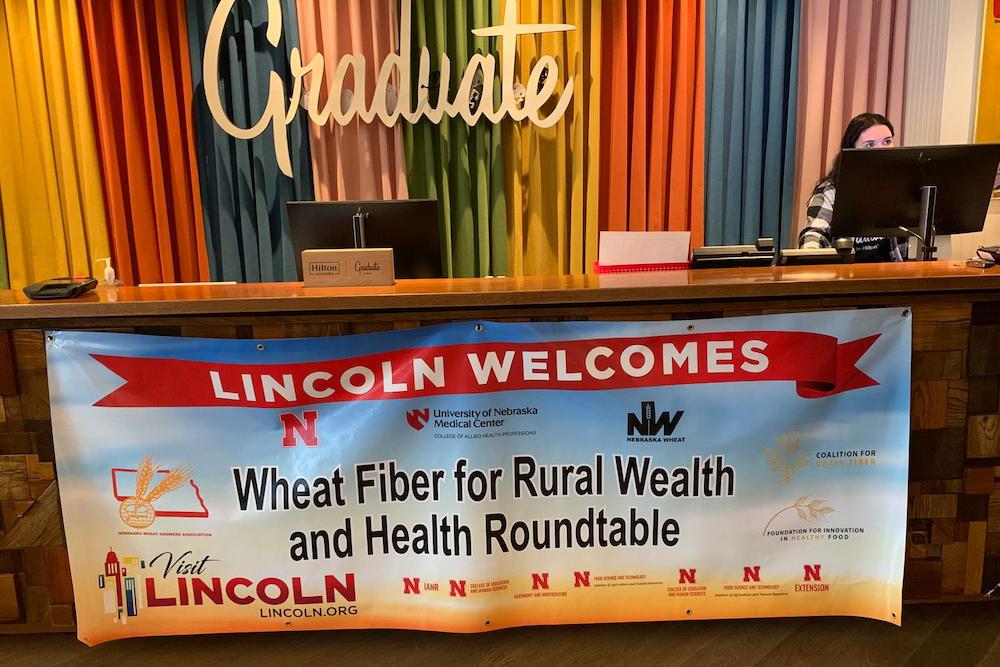
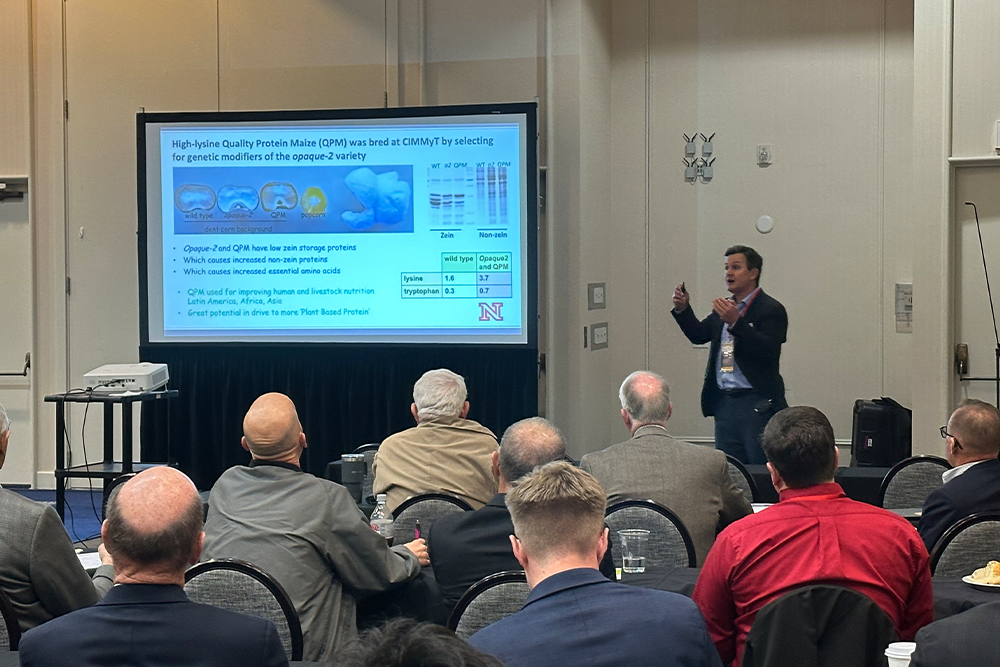

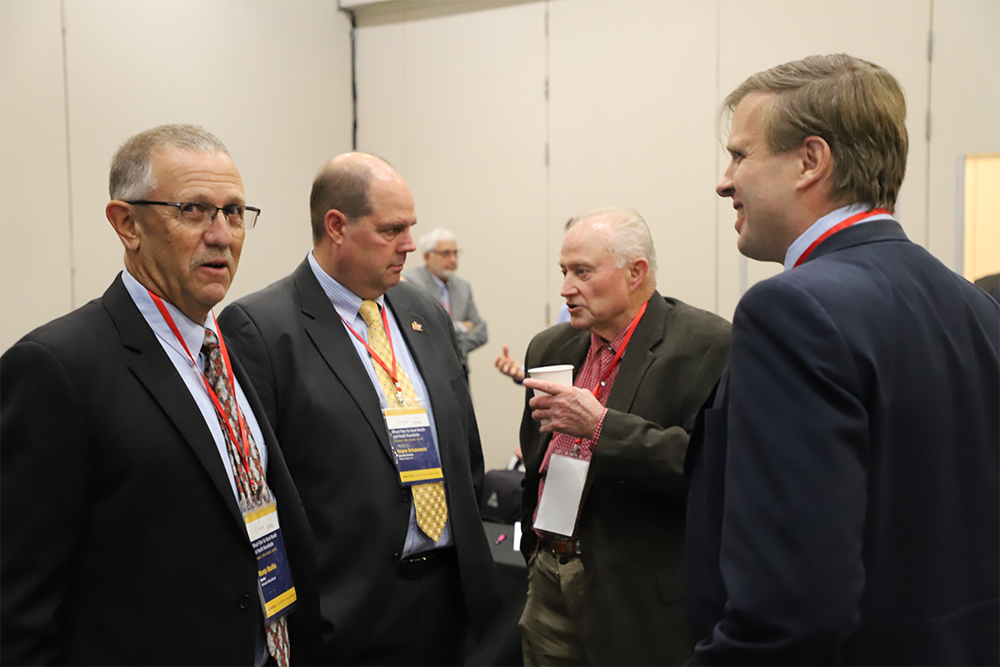
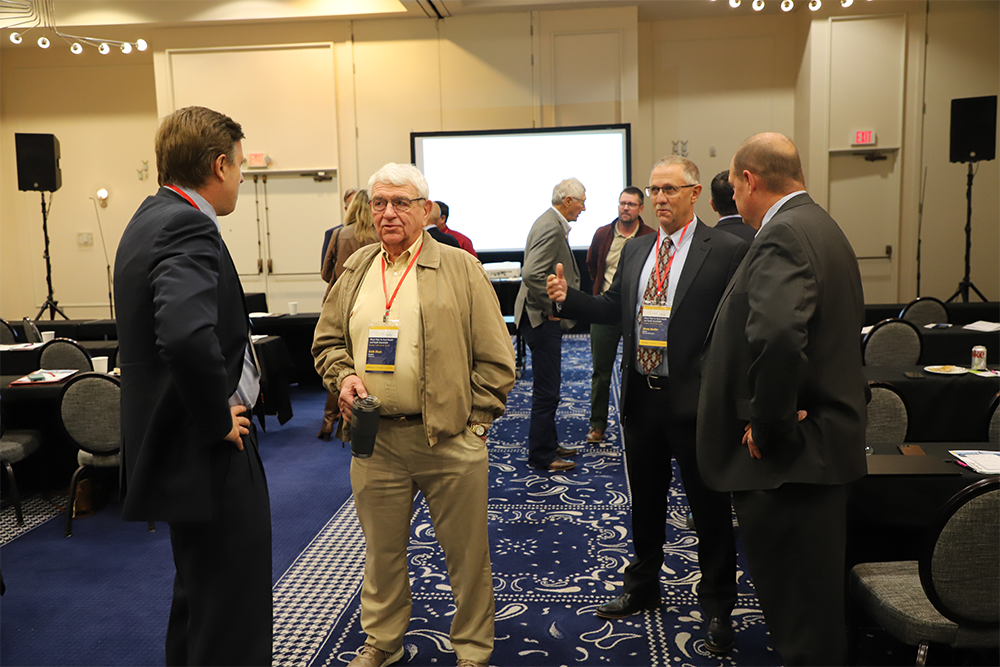
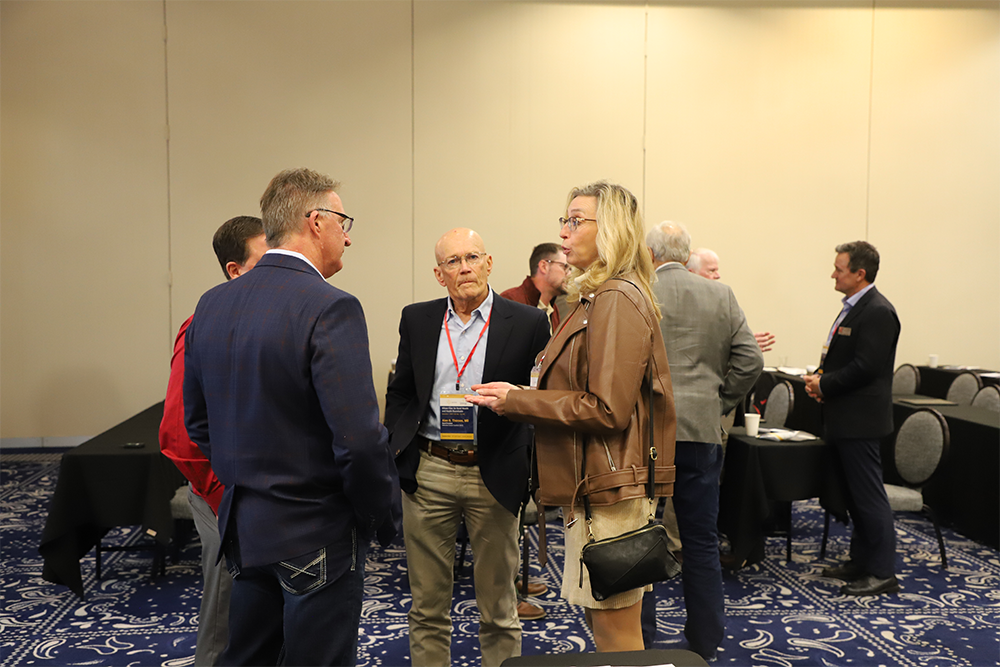
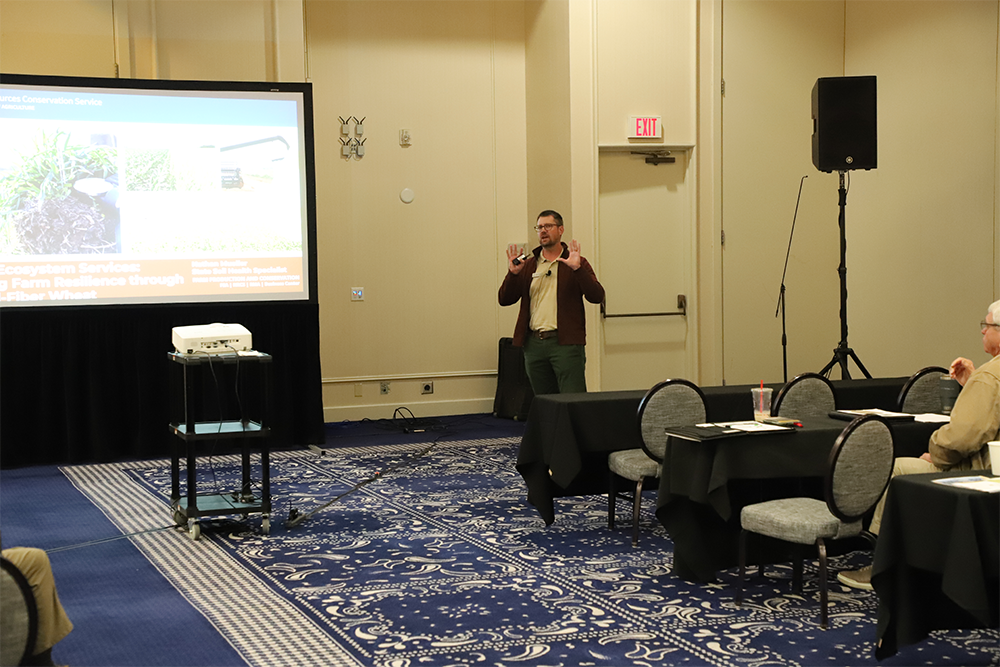
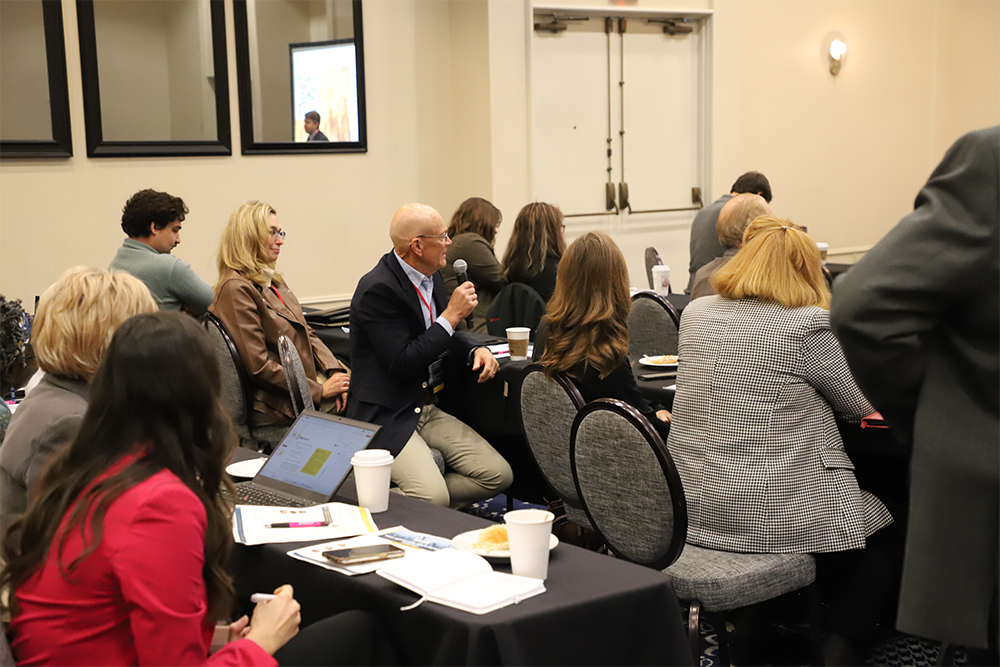
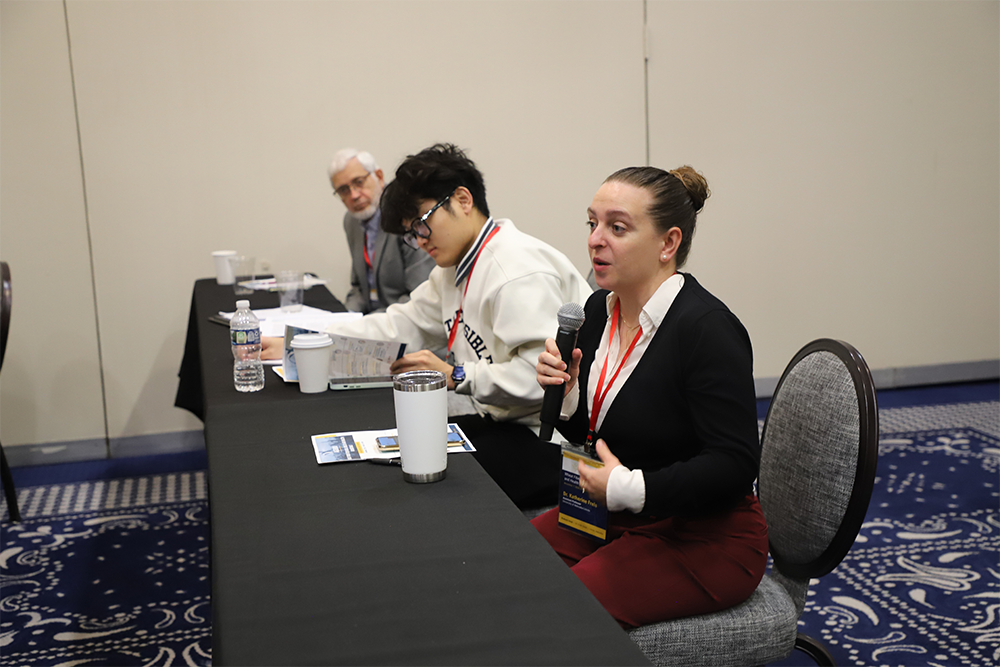
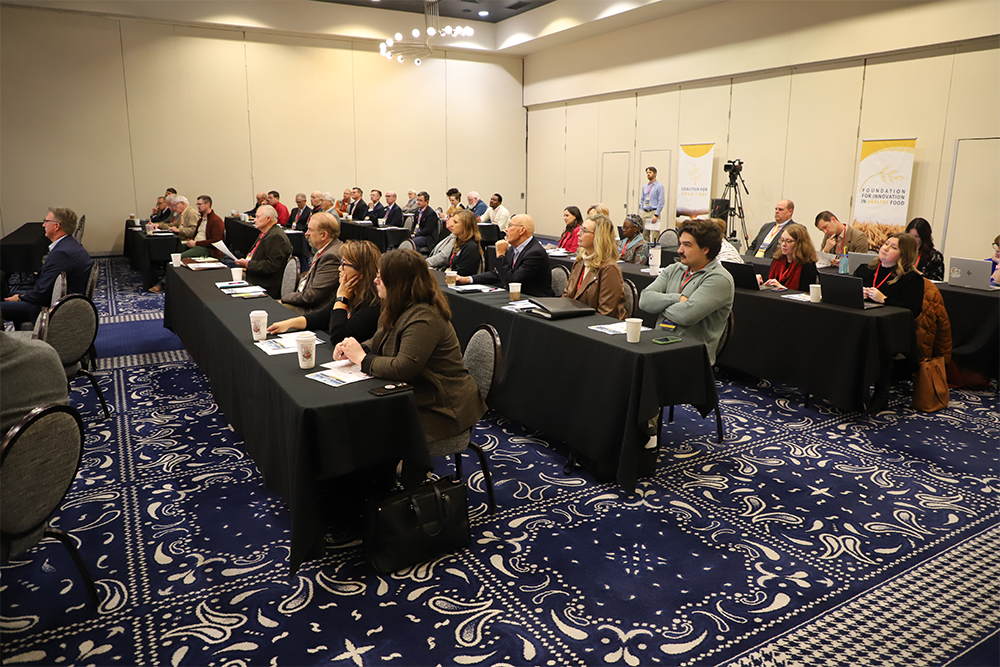
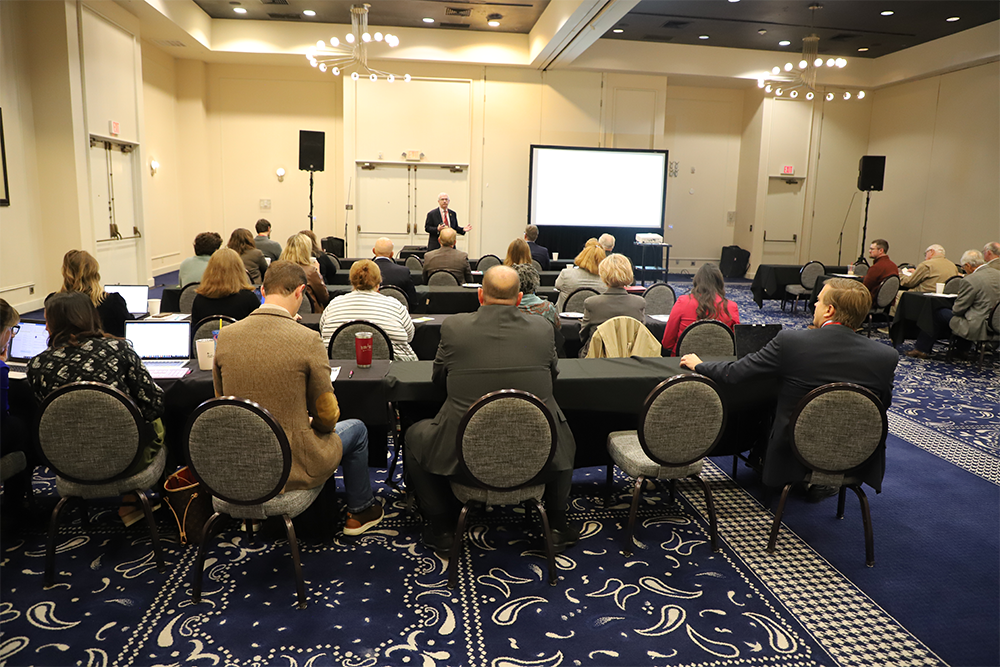
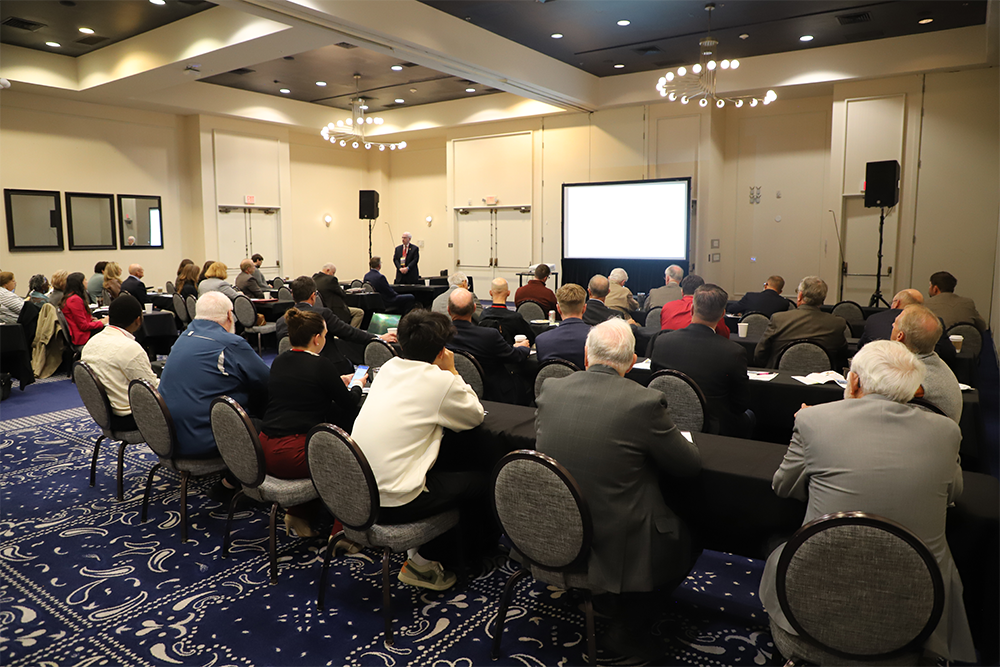
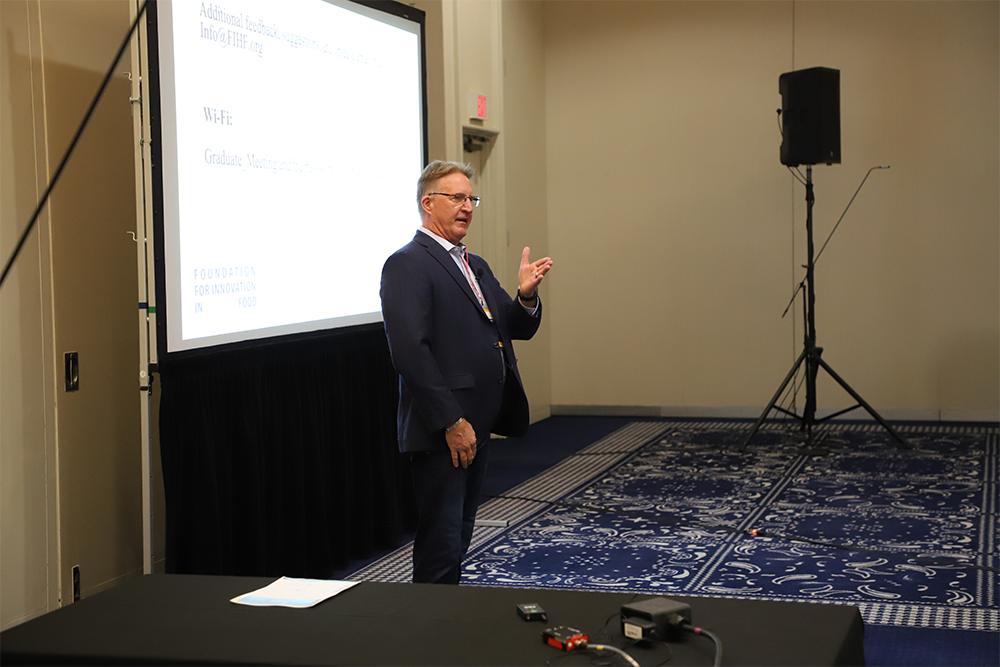
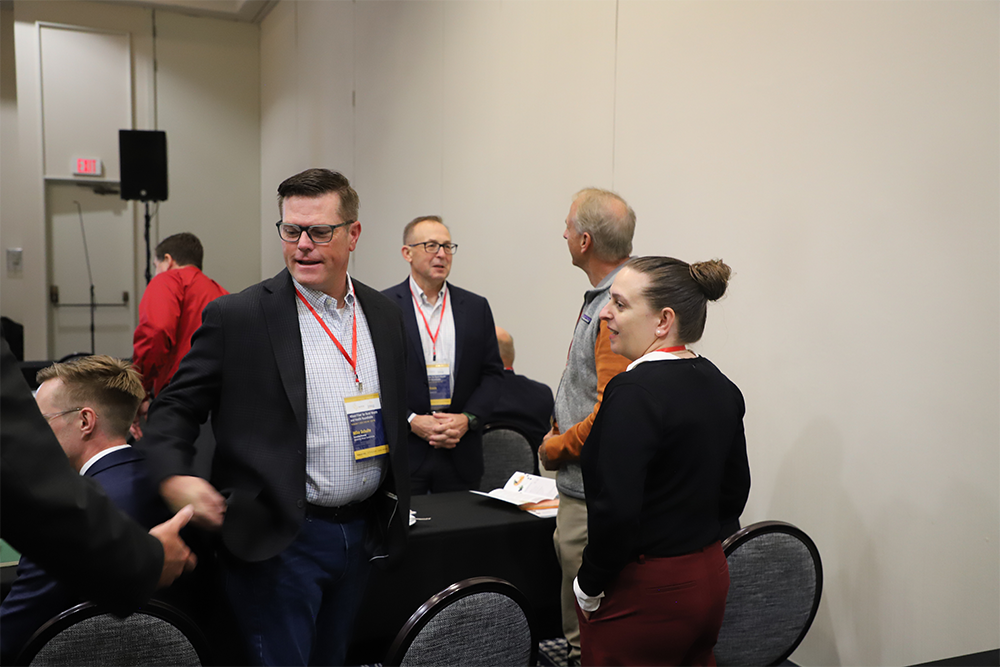
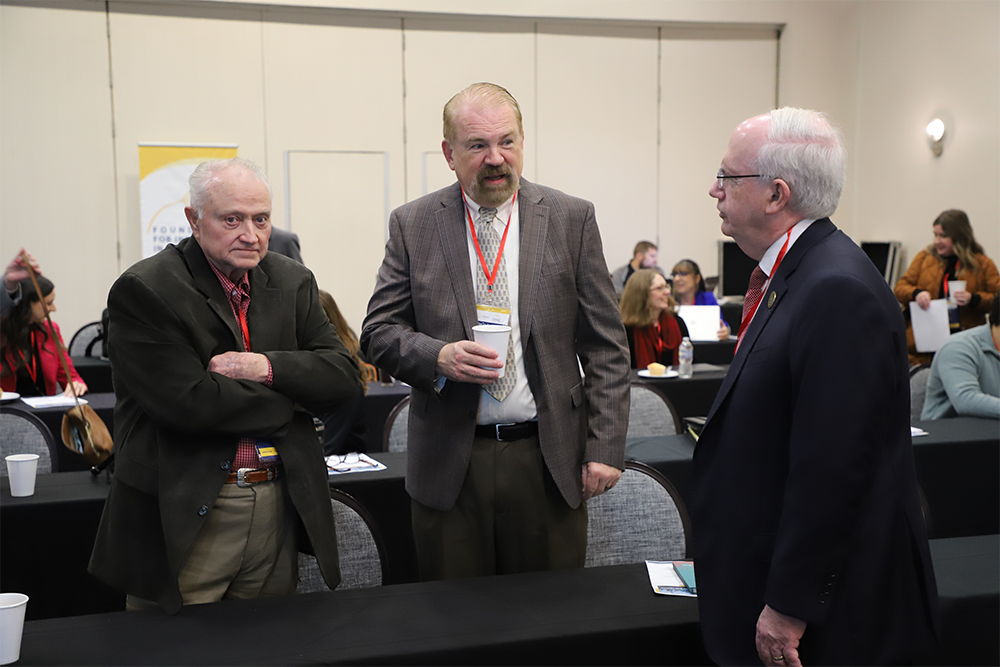
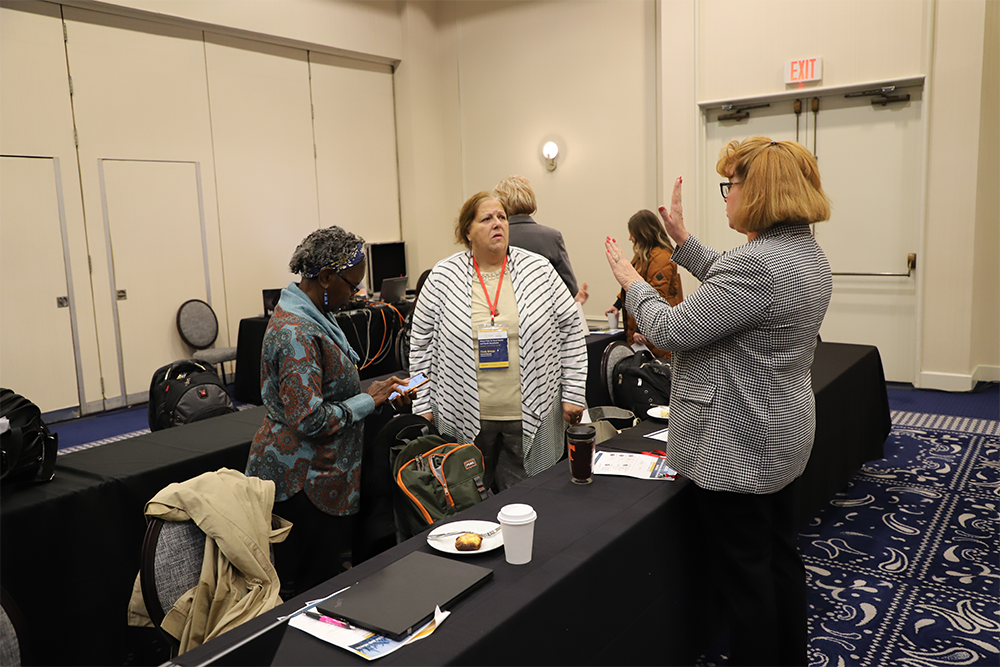
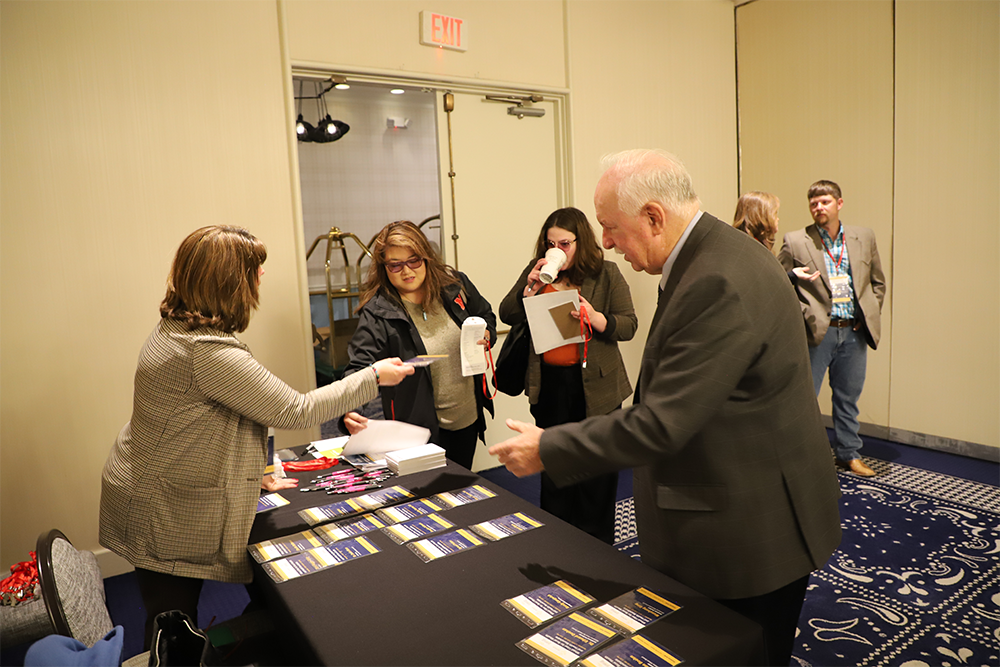
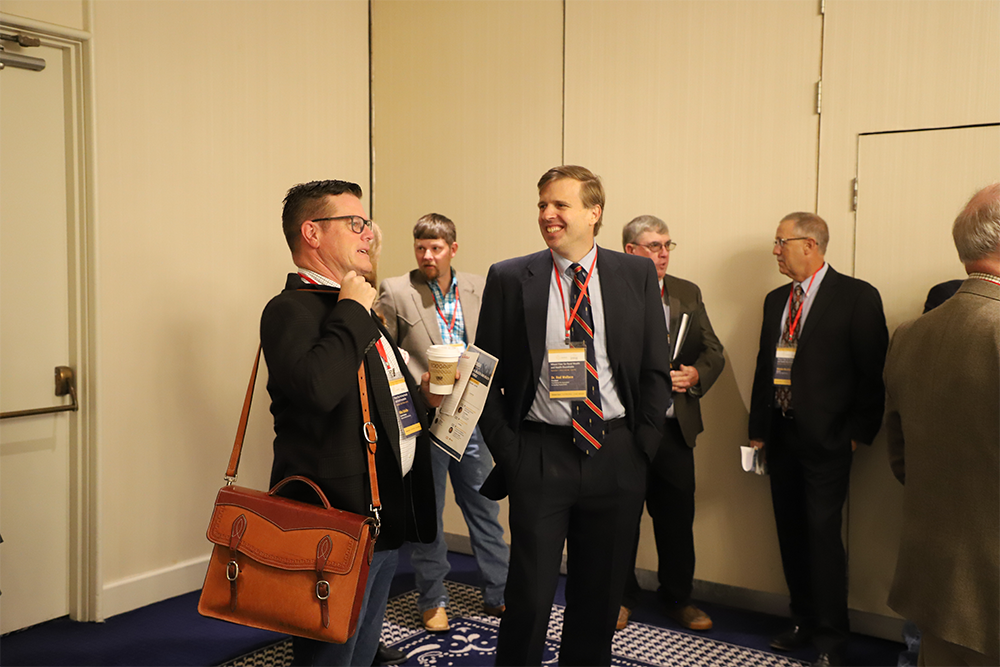
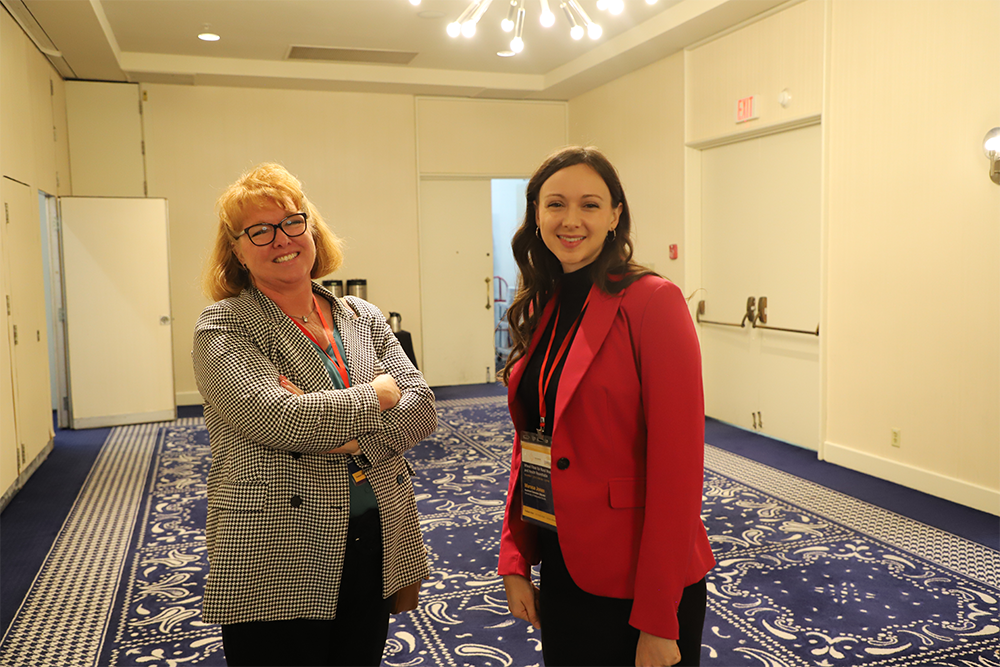
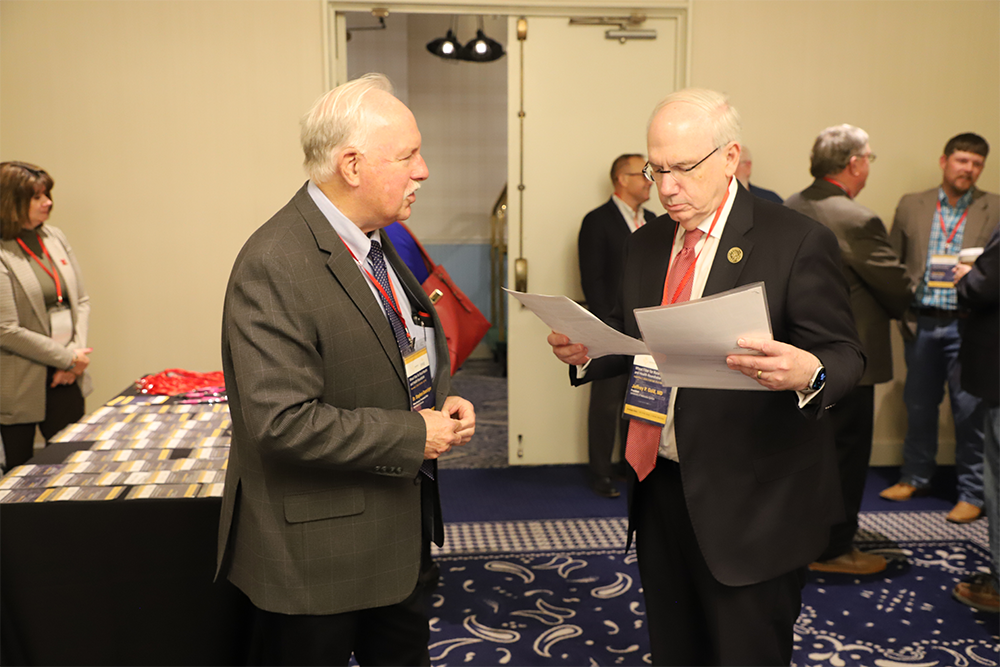
In this Nebraska Roundtable, we will develop alignment and a pragmatic plan to build a new and powerful relationship between agriculture and health. Discussion will center on the Coalition for Grain Fiber, which is fighting chronic disease by increasing dietary fiber in non-GMO, commodity wheat—the world’s most- consumed food. More than 70 scientists and practitioners across the US and globally participate, including 10 University of Nebraska Lincoln and University of Nebraska Medical Center faculty. We will also discuss opportunities in other crops to increase production value by enhancing public health for all socioeconomic groups, that financially rewards farmers with no change in consumer price or food choice; and approaches to support consumer preferences to buy healthier foods through education and retail strategies.
Coalition for Grain Fiber

Agenda
November 7 | 9:00 AM - 5:30 PM Includes lunch
• Session 1: Introduction to wheat fiber for rural wealth and health.
• Session 2A: Increasing farmer financial return in wheat and other commodities.
• Session 2B: Developing the agriculture-based health and resilience opportunity.
• Session 3: The path forward.
Help provide a triple win!
Community health, grower profit,
and reduced healthcare cost
Our Speakers
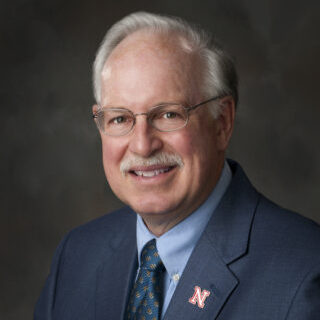
Stephen Baenziger, PhD
FIHF Chair of the Board
Emeritus Professor and Wheat Growers Presidential Chair,
University of Nebraska
Former primary small grains breeder at the University of Nebraska and a world leader in wheat breeding, Dr. Baenziger’s laboratory successfully developed and released dozens of wheat and other crop cultivars and germplasm. The author of over 300 peer-reviewed publications, Dr. Baenziger’s research focuses on developing improved breeding methods, with an emphasis on use of biotechnology. Stephen Baenziger served as advisor to multiple projects, including the Golden Rice initiative, and serves on the Board of Trustees for the International Rice Research Institute.

Andrew Benson, PhD
Director,
Nebraska Food for Health Center
University of Nebraska
Dr. Benson’s research group studies the complex sets of host and dietary factors that influence composition and function of the gut microbiome. His group is spearheading the discovery component of the Nebraska Food for Health Center using complex trait analysis in crop plants to define components and molecules that can impact the gut microbiome of humans. For complex phenotyping, Dr. Benson’s team uses in vitro microbiomes in high-throughput screens of milled grains from large genetic resource populations of crop plants. This approach enables rapid measurement of genetic variants, and define pathways and molecules capable of influencing members of the gut microbiome.
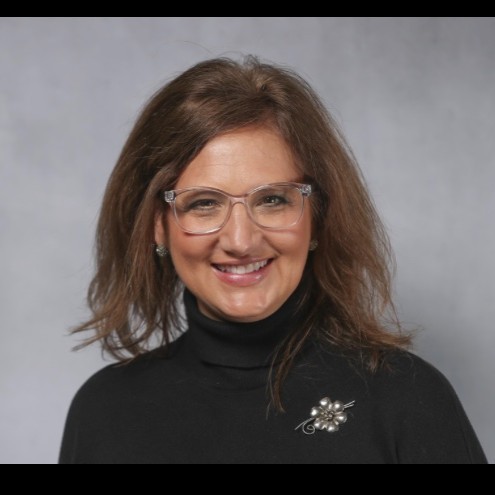
Jean Ann Fischer
Human Sciences Program Leader,
Director of Nutrition Education Program
University of Nebraska-Lincoln
With a Master of Science in Nutrition Science from UNL, Jean Ann combines her expertise in nutrition science, medicine, and behavior to address chronic disease prevention and promote healthy food systems. Her work focuses on implementing and evaluating health initiatives that foster positive behavior change and improve community health outcomes. Additionally, she is committed to advancing clinical, community, and leadership skills for nutrition and health professionals, ensuring the highest standards of practice in the field.
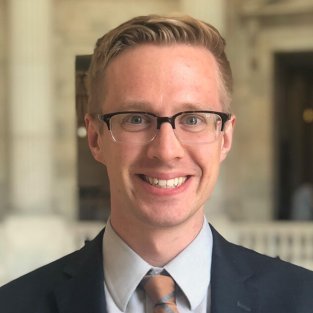
Jake Westlin
Vice President of Policy and Communications National Association of Wheat Growers
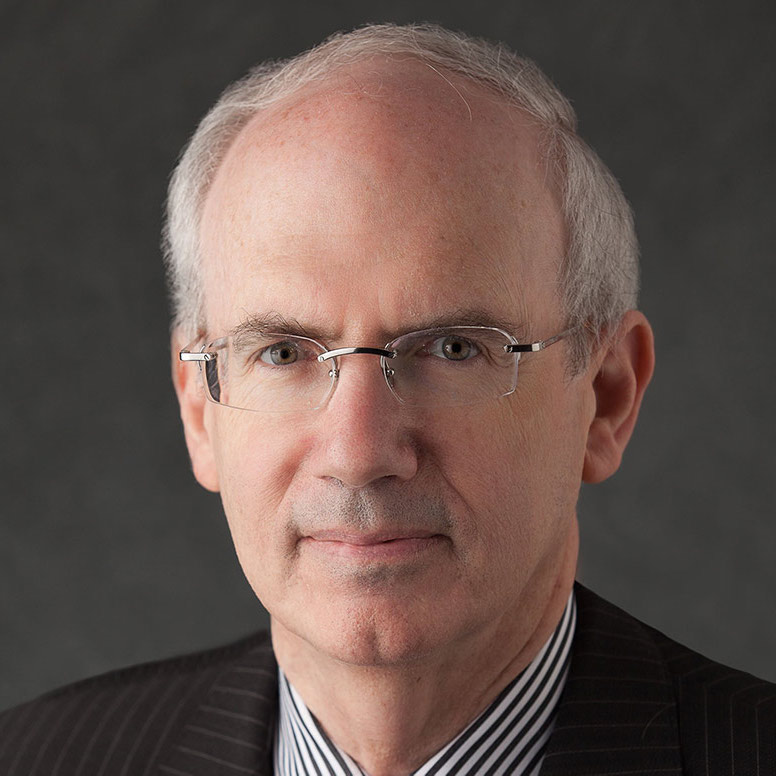
Jeffrey P Gold, M.D.
President
University of Nebraska System
Previously, Dr. Gold served as chancellor of the University of Nebraska Medical Center (UNMC) and the Nebraska Medicine Health System from 2014 to 2024, overseeing seven colleges and 37 research institutes. He has also held roles as Provost and Executive Vice President of the University of Nebraska System and concurrently as chancellor of the University of Nebraska at Omaha. A nationally recognized leader in higher education and healthcare, Dr. Gold has authored over 200 peer-reviewed manuscripts. He earned his M.D. from Weill Cornell College of Medicine and completed advanced surgical training at New York–Presbyterian Hospital and Brigham and Women’s Hospital. Dr. Gold is board-certified in adult and pediatric cardiac surgery and plays an active role in national and state-level boards related to education, healthcare, and economic development.

Rod Wallace
FIHF Foundation President
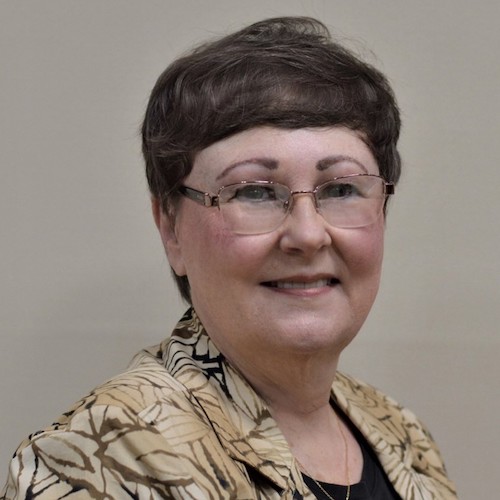
Shannon Pinson, PhD
Research Geneticist,
U.S. Department of Agriculture
Dale Bumpers National Rice Research Center, Stuttgart, AR
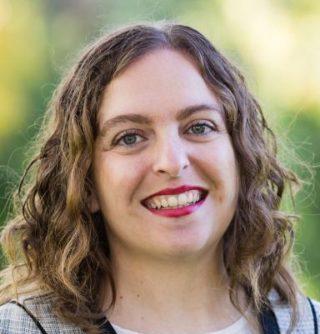
Katherine Frels, PhD
Assistant Professor - Small Grains Breeding and Genetics
University of Nebraska-Lincoln
Her work, recognized for its dedication to both enhancing the nutritional benefits of wheat-based foods and creating value-added products for Nebraska wheat growers, continues the long-standing tradition of wheat research at UNL. Dr. Frels also actively manages research objectives, supervises peer-reviewed publications, and leads efforts to secure funding for small grains breeding programs. She frequently shares her findings at scientific conferences, grower meetings, and other educational forums.
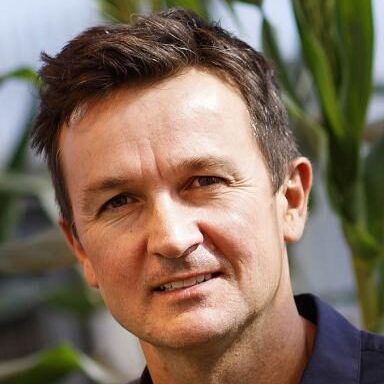
Dr. David Holding
Professor,
Associate Department Head
University of Nebraska-Lincoln
As an Associate Department Head at the University of Nebraska–Lincoln since 2022, Dr. Holding plays a key role in managing research, teaching, and curriculum development, with a focus on enhancing graduate education.

Georgia Jones, PhD
Associate Professor, Extension Food Specialist
Department of Nutrition and Health Sciences
University of Nebraska-Lincoln
Dr. Jones has co-authored numerous publications on critical topics such as food preservation, nutrition for athletes, and public health issues like poverty. Actively engaging with communities, she encourages healthier living and the adoption of sustainable food practices. Notable recent publications include “Let’s Preserve: Drying Foods at Home,” a guide for safe food dehydration, and “Protein Needs of an Athlete,” which offers essential nutrition strategies to optimize performance and recovery for young athletes.

Conrad Lyford, PhD
Professor,
Agricultural and Applied Economics
Texas Tech University
With extensive experience in building relationships with healthcare organizations, agribusinesses, and industry partners, he has successfully developed and implemented impactful research and teaching programs. Notably, Dr. Lynford spearheaded the establishment of the Master of Agribusiness program, integrating innovative research in agribusiness with health care economics. His work often involves leading transdisciplinary research projects, resulting in significant publications and funding that bridge these critical fields.

Nathan Mueller, PhD
State Soil Health Specialist, USDA Natural Resources Conservation Service
He has held diverse roles in agriculture, including working for the Indiana State Department of Agriculture’s Soil Conservation Division and serving as an assistant professor and state Extension agronomist at South Dakota State University. From 2014 to 2024, he served as a Water and Cropping Systems Extension Educator at the University of Nebraska-Lincoln. Since June 2024, Nathan has worked for the USDA NRCS in Nebraska as the State Soil Health Specialist. He is also a Certified Crop Adviser and remains actively engaged with the agricultural community.
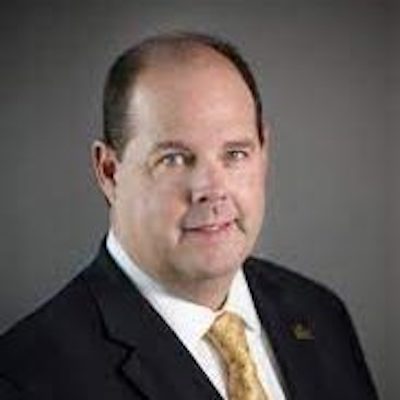
Royce Schaneman
Executive Director,
Nebraska Wheat Board
A native Nebraskan, Royce grew up on a diversified farm near Minatare. He pursued his education at the University of Nebraska-Lincoln, majoring in Diversified Agriculture and Animal Science. With a strong agricultural foundation, he has gained valuable experience through the Cooperative Extension Service and the Nebraska Department of Agriculture, maintaining a close connection to all facets of the agricultural sector, from production and processing to marketing.
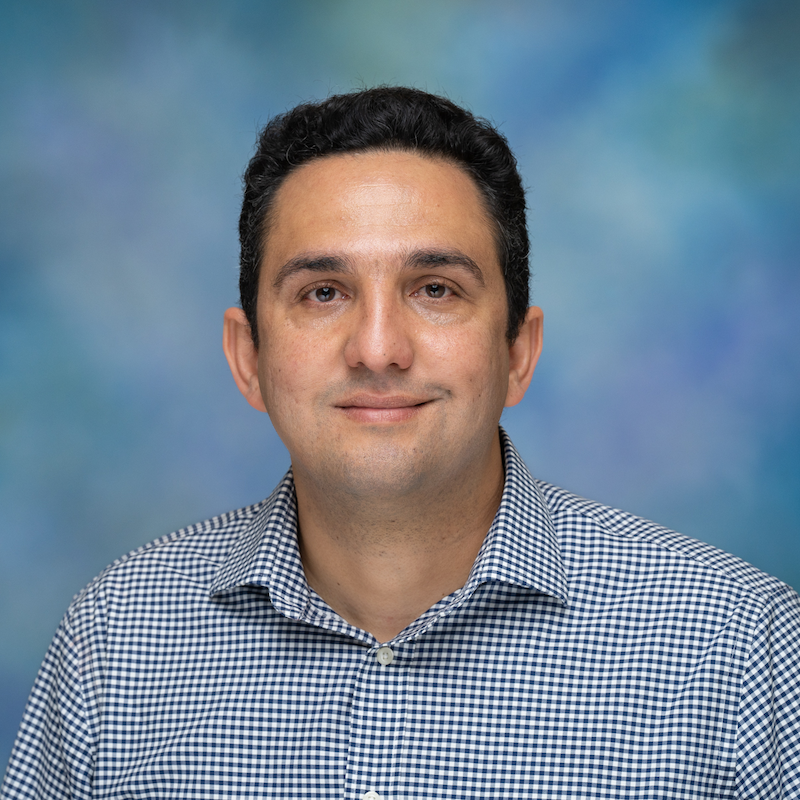
Payam Vahmani, PhD
Assistant Professor,
Nutritional Enhancement of Animal Sourced Foods
University of California, Davis
Dr. Vahmani conducts feeding studies at both whole animal and molecular levels to identify enriched products, supported by biochemical and physiological studies. He collaborates with researchers to assess human health impacts, evaluate the carbon footprint of production, and analyze sensory qualities of enhanced foods. His recent publications reflect a commitment to advancing animal nutrition and its implications for human health.
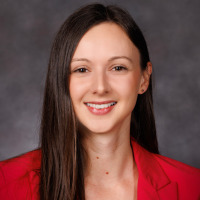
Maruša Jonas
Food, Nutrition and Health,
University of Nebraska Extension Educator
Schedule
Time
Agenda
Speaker
President, University of Nebraska System
Farmer Session 2A
Time
Agenda
Speaker
Dr. Stephen Baenziger
Public Health and Food Supply Chain Session 2B
Time
Agenda
Speaker
(Facilitated Session)
Dr. Georgia Jones,
Maruša Jonas
Dr. Georgia Jones,
Maruša Jonas
